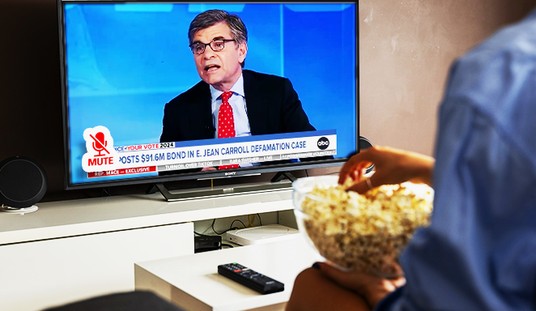President Donald Trump delivered his most explicit signals yet that his administration is actively pursuing diplomatic channels with Iran, even as he maintains the threat of military action against the Islamic Republic's nuclear program. Speaking to reporters at Morristown Airport in New Jersey, Trump revealed that his administration has been in direct communication with Iranian officials and expressed cautious optimism about potential negotiations.
"We are ready and willing and able and have been speaking to Iran, and we will see what happens," Trump stated when asked about Iran's conditions for negotiations. The revelation that the United States is already engaged in talks with Tehran represents a significant development in the escalating situation between the two nations.
Trump's comments came in response to questions about Iran's foreign minister suggesting that serious negotiations would require the U.S. to ask Israel to halt its ongoing air strikes. While Trump acknowledged the complexity of such a request, noting that "if someone is winning, it's harder to do than if somebody is losing," he didn't rule out the possibility entirely.
As we learned on Thursday, Trump has given Iran what he described as a maximum two-week window to demonstrate progress toward a resolution. When pressed about this timeline, Trump explained his reasoning simply: "Just time to see if people come to their senses." He emphasized that any decision on military action would depend on Iran's response during this period, stating, "I'm giving them a period of time and we will see what that period is, and I would say two weeks would be the maximum."
Recommended: Confirmed: Michelle Obama Really Is a Horrible Person
Notably, Trump dismissed European involvement in potential negotiations, asserting that "Iran doesn't want to speak to Europe but to us. Europe will not be able to help on this one." This preference for direct bilateral engagement suggests the administration believes it has unique leverage that European allies lack.
When questioned about Iran's desire for civilian nuclear capabilities, Trump expressed skepticism about the necessity of such programs. "They are sitting on top of one of the largest piles of oil in the world. I don't know why they need that for civilian work," he argued, suggesting that Iran's vast oil reserves make nuclear energy development suspicious.
While some voices on the left have suggested Trump is getting hawkish with Iran, he was quick to draw distinctions between the current situation and past military interventions, particularly the Iraq War, which he opposed. "There were no weapons of mass destruction. I never thought there were," Trump recalled, emphasizing his prescient opposition to that conflict while maintaining that the current Iranian threat is fundamentally different. “It is a tremendous amount of material, and I think within a matter of weeks or certainly within a matter of months, they would be able to have a nuclear weapon, and we can't let that happen.”
President Trump's full comments to reporters after landing in Morristown, New Jersey pic.twitter.com/z487gkMv5V
— ALX 🇺🇸 (@alx) June 20, 2025
The revelation of ongoing U.S.-Iran communications, combined with Trump's two-week ultimatum and openness to various diplomatic solutions, suggests his administration is pursuing a complex strategy that keeps all options on the table while prioritizing a negotiated resolution to prevent Iranian nuclear weapons development.
The media wants you in the dark about real diplomacy and looming threats. As a PJ Media VIP, you get exclusive insights, live chats with our experts, an ad-free experience, and join the debate in the comments. Use the promo code FIGHT for 60% off — now more than ever, support fearless journalism. Sign up today!










Join the conversation as a VIP Member